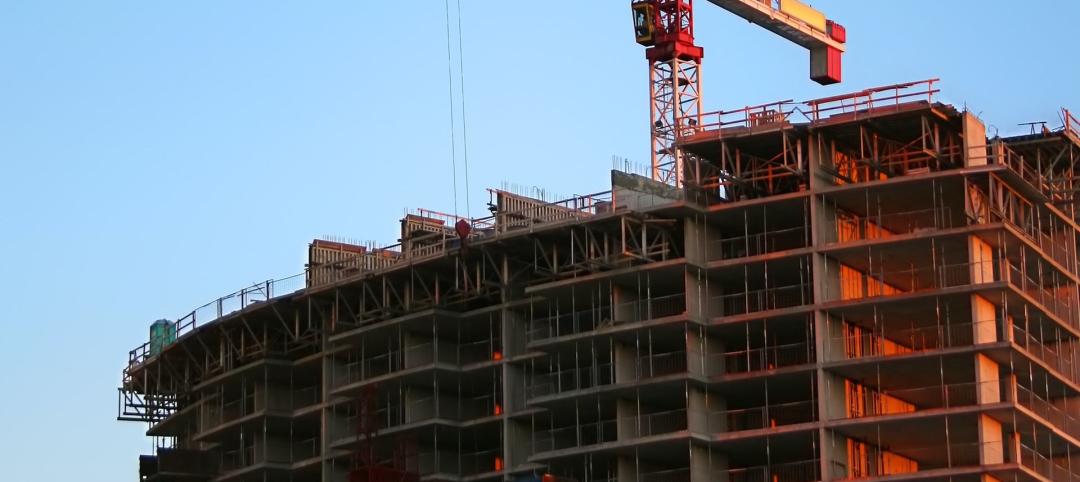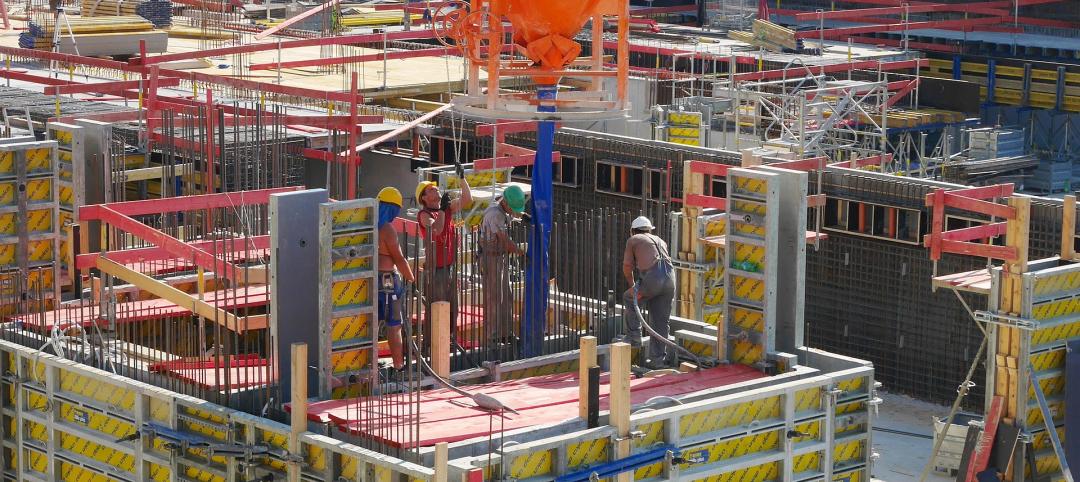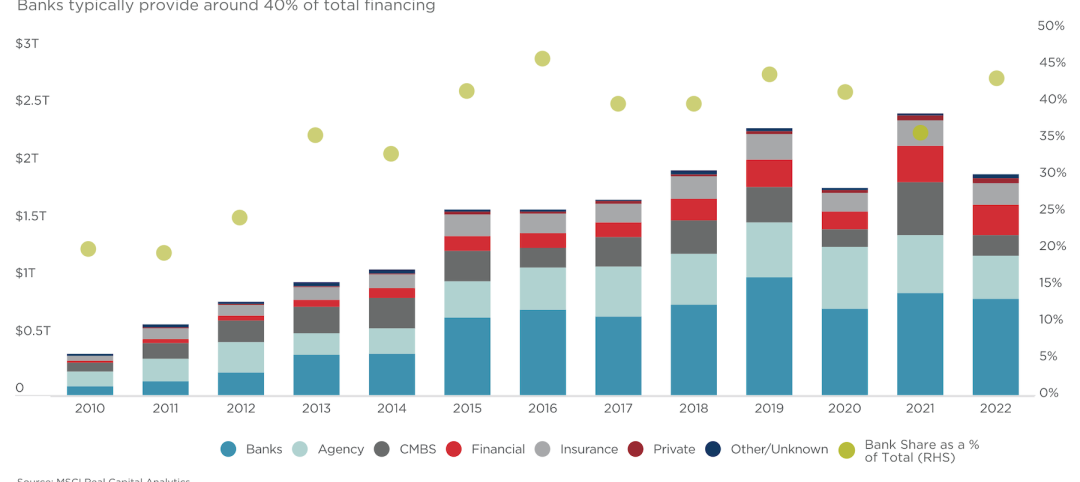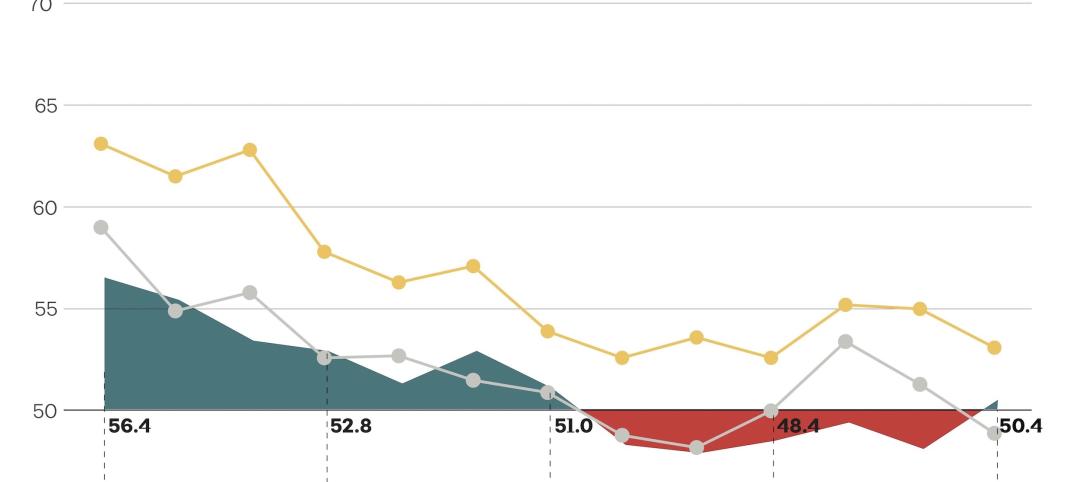Construction employment increased by 22,000 jobs between November and December as nonresidential construction firms added workers for the fourth month in a row while residential construction employment slipped, according to an analysis by the Associated General Contractors of America of government data released today. Association officials said the new employment figures are consistent with the results of a new outlook survey they will be releasing on January 12.
“Nonresidential contractors are increasingly busy and are eager to hire even more workers,” said Ken Simonson, the association’s chief economist. “But the low rate of unemployment and record job openings in construction show how difficult it is bringing enough workers on board.”
Simonson noted that the unemployment rate among former construction workers in December was 5.0%, which tied the lowest December rate since at least 2000 and was down from 9.6% a year earlier. He added that industry job openings totaled 345,000 at the end of November, an all-time high for November data.
Construction employment in December totaled 7,560,000, an increase of 22,000 for the month and 160,000 or 2.2% for the year. However, industry employment still trails the pre-pandemic peak, set in February 2020, by 88,000 positions.
Nonresidential construction firms added 27,000 employees in December, following a pickup of 25,700 in November. The category comprises nonresidential building contractors, with a gain of 3,700 employees; specialty trade contractors, with 12,900 more workers than in November; and heavy and civil engineering construction, which added 10,400 employees. But nonresidential employment remains 169,000 below the February 2020 level. The sector has regained only 74% of the jobs lost at the outset of the pandemic.
Residential construction employment dipped for only the second time in 2021, by 4,100 employees in December. Residential building contractors, such as homebuilders and general contractors that concentrate on multifamily construction, added 700 workers during the month, while residential specialty trade contractors shed 4,800 employees. Residential employment in December remained 82,000 above the February 2020 mark.
Association officials said the jobs figures reflect the industry optimism indicated in the annual Outlook survey they will be releasing during a virtual media briefing on Wednesday, January 12. But they cautioned that labor shortages continue to challenge contractors who are struggling to hire enough workers to keep pace with demand.
“The industry appears well poised for a strong recovery in 2022, but there are certainly clear challenges, including labor shortages, that could undermine construction this year,” said Stephen E. Sandherr, the association’s chief executive officer.
View the construction employment table.
Related Stories
Market Data | May 2, 2023
Nonresidential construction spending up 0.7% in March 2023 versus previous month
National nonresidential construction spending increased by 0.7% in March, according to an Associated Builders and Contractors analysis of data published today by the U.S. Census Bureau. On a seasonally adjusted annualized basis, nonresidential spending totaled $997.1 billion for the month.
Hotel Facilities | May 2, 2023
U.S. hotel construction up 9% in the first quarter of 2023, led by Marriott and Hilton
In the latest United States Construction Pipeline Trend Report from Lodging Econometrics (LE), analysts report that construction pipeline projects in the U.S. continue to increase, standing at 5,545 projects/658,207 rooms at the close of Q1 2023. Up 9% by both projects and rooms year-over-year (YOY); project totals at Q1 ‘23 are just 338 projects, or 5.7%, behind the all-time high of 5,883 projects recorded in Q2 2008.
Market Data | May 1, 2023
AEC firm proposal activity rebounds in the first quarter of 2023: PSMJ report
Proposal activity for architecture, engineering and construction (A/E/C) firms increased significantly in the 1st Quarter of 2023, according to PSMJ’s Quarterly Market Forecast (QMF) survey. The predictive measure of the industry’s health rebounded to a net plus/minus index (NPMI) of 32.8 in the first three months of the year.
Industry Research | Apr 25, 2023
The commercial real estate sector shouldn’t panic (yet) about recent bank failures
A new Cushman & Wakefield report depicts a “well capitalized” banking industry that is responding assertively to isolated weaknesses, but is also tightening its lending.
Architects | Apr 21, 2023
Architecture billings improve slightly in March
Architecture firms reported a modest increase in March billings. This positive news was tempered by a slight decrease in new design contracts according to a new report released today from The American Institute of Architects (AIA). March was the first time since last September in which billings improved.
Contractors | Apr 19, 2023
Rising labor, material prices cost subcontractors $97 billion in unplanned expenses
Subcontractors continue to bear the brunt of rising input costs for materials and labor, according to a survey of nearly 900 commercial construction professionals.
Data Centers | Apr 14, 2023
JLL's data center outlook: Cloud computing, AI driving exponential growth for data center industry
According to JLL’s new Global Data Center Outlook, the mass adoption of cloud computing and artificial intelligence (AI) is driving exponential growth for the data center industry, with hyperscale and edge computing leading investor demand.
Healthcare Facilities | Apr 13, 2023
Healthcare construction costs for 2023
Data from Gordian breaks down the average cost per square foot for a three-story hospital across 10 U.S. cities.
Higher Education | Apr 13, 2023
Higher education construction costs for 2023
Fresh data from Gordian breaks down the average cost per square foot for a two-story college classroom building across 10 U.S. cities.
Market Data | Apr 13, 2023
Construction input prices down year-over-year for first time since August 2020
Construction input prices increased 0.2% in March, according to an Associated Builders and Contractors analysis of U.S. Bureau of Labor Statistics Producer Price Index data released today. Nonresidential construction input prices rose 0.4% for the month.

















